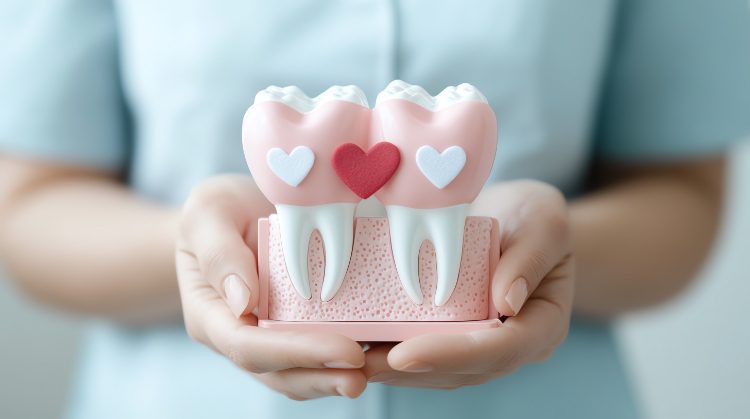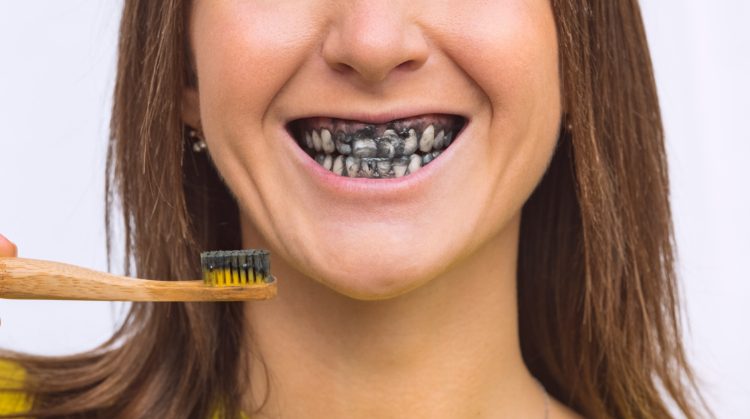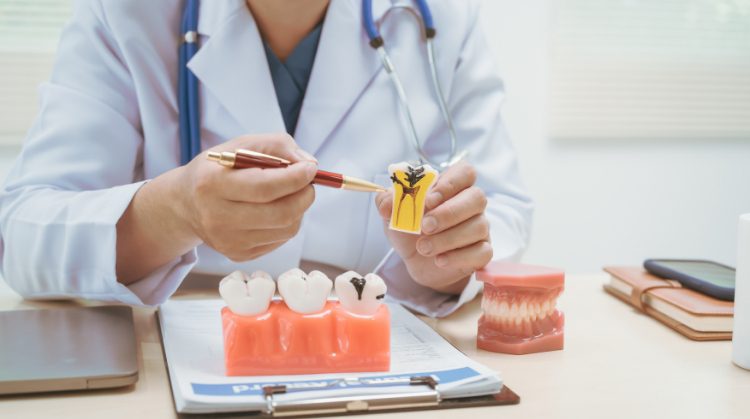
According to the consulting firm Beverage Marketing Corp., in 2016 Americans drank more bottled water than carbonated soft drinks for the first time in recent history. The research showed that on average, the average consumer drank 39.3 gallons of bottled water and 38.5 gallons of soft drinks throughout the year.
Soda contains excessive calories that come directly from added sugars. According to the USDA, a standard 12 oz. can of soda has close to 150 calories. A few of those a day can quickly push the consumer over the recommended daily calorie intake. In fact, one soda a day can easily add up to 15 pounds a year.
Now that public awareness seems to be catching on to the health concerns associated with sugary sodas, many people are looking for alternatives that are healthier than soda but have a bit of flavor, unlike plain water. In a survey by market research firm Mintel, 48 percent of bottled water drinkers are choosing flavored varieties to replace their soda habits. Mintel believes this is one of the reasons for the huge success of the bottled water market in the last few years.
Most flavored water boasts zero calories, but are they really healthier than soda?
Amy Norman, DDS, a leading cosmetic dentist in Everett, Washington, said flavored waters are healthier in some aspects but could still be a problem for your teeth.
“Most of the flavors these waters are infused with are of the citrus variety. Citrus fruits such as lemon, lime and orange are highly acidic, and this acid can wreak havoc on the enamel of the teeth,” she said. “Sparkling waters are even more acidic, and when combined with a citrus fruit flavoring can be potentially harmful for the protective layer of the teeth.”
Another thing to keep in mind is sugar content or artificial sweeteners. Some of the most popular flavored waters still contain a lot of sugar to give them the sweet taste many soda drinkers crave. The ones that claim zero sugar are often artificially flavored using sweeteners that are controversial when it comes to health and wellness.
“If you want to enjoy sweet or citrusy drinks every once in awhile, just make sure to rinse your mouth with water afterward to help it return to a normal pH balance quicker,” said Norman. “Many people think brushing right after is a good idea, but it actually does more damage than good. Right after you have something sweet or acidic, the enamel on your teeth is softened, so even brushing it can wear it down and damage it. It’s best to wait at least a half an hour before brushing, but rinsing with water can help a lot in the meantime.”



